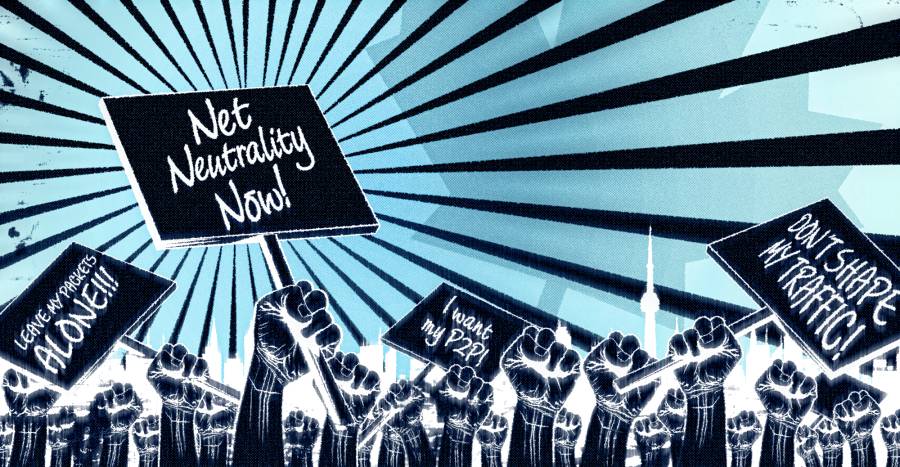The FCC bases the Open Internet Order on three fundamental grounds: No blocking, no throttling, and no paid prioritization. Under U.S. law, both fiber and wireless internet are considered as utilities and, therefore, must abide by net neutrality rules.
That means that in no platform can ISPs carry out malicious or questionable practices that influence Internet traffic on their networks. They cannot slow speeds, place data caps, or restrict access to online content arbitrarily.
The agency enforces a transparency policy to companies to ensure consumers the internet is a safe place they can access and use without worrying about byproducts of the industry.
“AN OPEN INTERNET MEANS CONSUMERS CAN GO WHERE THEY WANT WHEN THEY WANT. THIS PRINCIPLE IS OFTEN REFERRED TO AS NET NEUTRALITY. THE FCC’S OPEN INTERNET RULES PROTECT AND MAINTAIN OPEN, UNINHIBITED ACCESS TO LEGAL ONLINE CONTENT,” the agency defines.
The future of Net Neutrality under the Trump administration
The Federal Communications Commission (FCC) has a new Chairman in Ajit Pai, Donald Trump’s pick to lead the agency. Under this new leadership, the government body could overturn ‘Net Neutrality’ rules imposed to make the internet truly open.
After Trump’s election last November, it was only a matter of time before the transition team confirmed a new path for the FCC, putting an end to the Tom Wheeler era and potentially destroying his legacy.
While no one can tell exactly what will happen with the telecommunications industry going forward, the new administration has shed some light with their actions on what comes next for Internet-based products and services.
The new FCC could undo Net Neutrality rules
After a decade of fighting to pass the Open Internet Order, the Tom Wheeler-led FCC finally approved the current regulations in June 2015. Not two years later, the rules could soon go back to the drawer.
The new Chairman Ajit Pai has shown strong opposition to the governance ever since he became a Commissioner representing the Republican Party’s interests in the bureau.
Now, he has the faculties to take the Commission on a new path, one that creates a different environment for both companies and consumers with a wide array of choices not limited to internet-neutral legislation.
President Trump believes as much, and the industry seems to be right there with him. T-Mobile executives have openly expressed their eagerness to work in a less-regulated environment that fosters competition among providers.
Furthermore, Trump’s transition team picks to ease the process at the FCC have a track record with ties to other mobile carriers like Sprint and Verizon.
Wireless providers recently came under fire for a hail-Mary report by Wheeler during his last days at the helm, which claimed that Verizon and AT&T were violating Net Neutrality rules.
With T-Mobile leading the way, the industry seemed like it was about to take a step forward towards a no data caps model, with rival companies accepting the harsh framework dictated by the agency.
However, executives are most likely resting easy now, with the new leadership underway and almost sure to loosen the grip on regulations that could bring back old standards that favor not consumers but themselves and their businesses.
Source: FCC / Open Internet Guidelines











